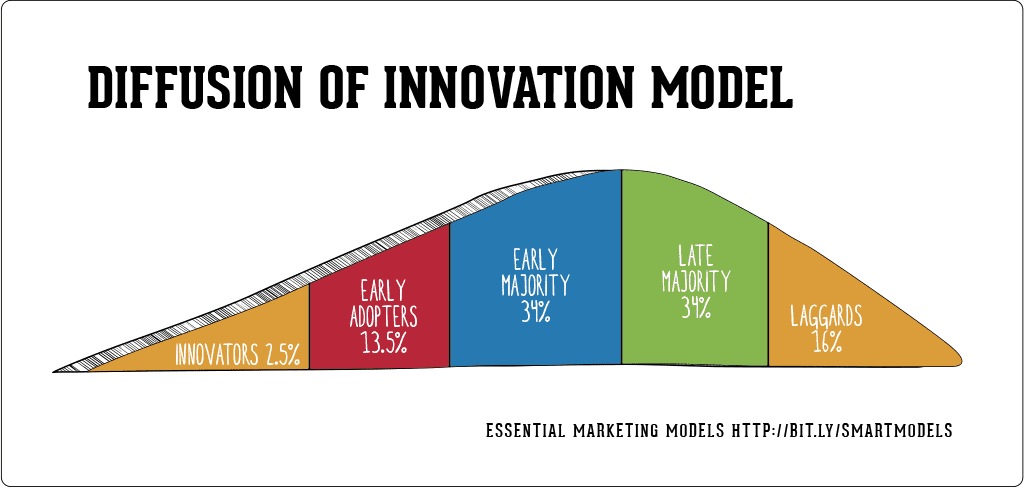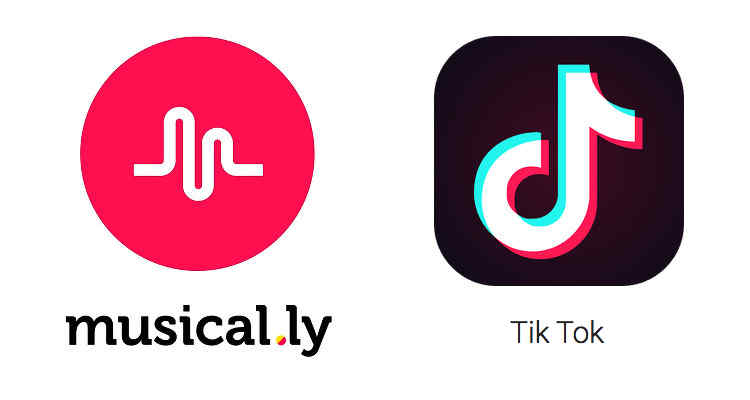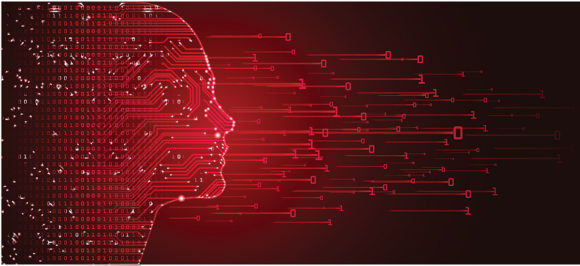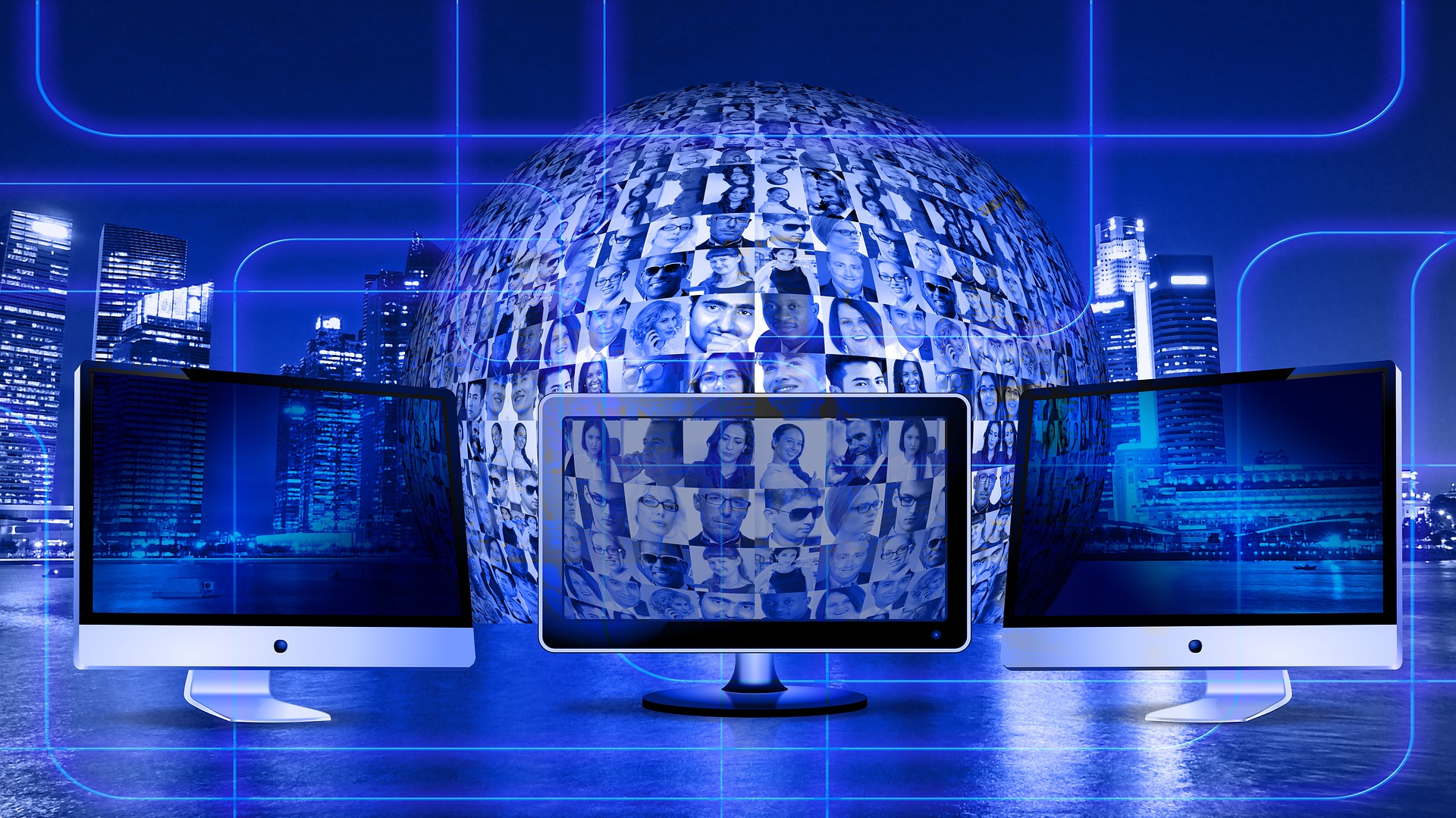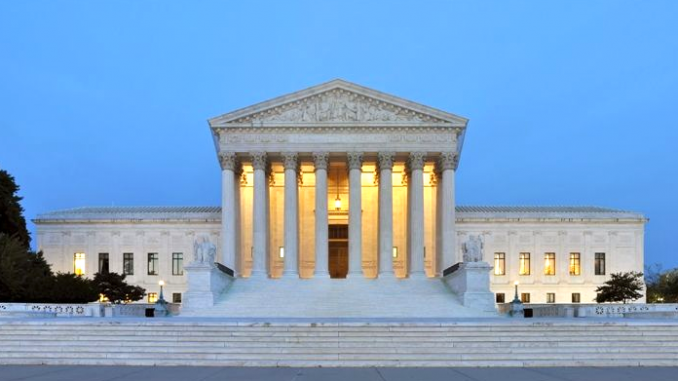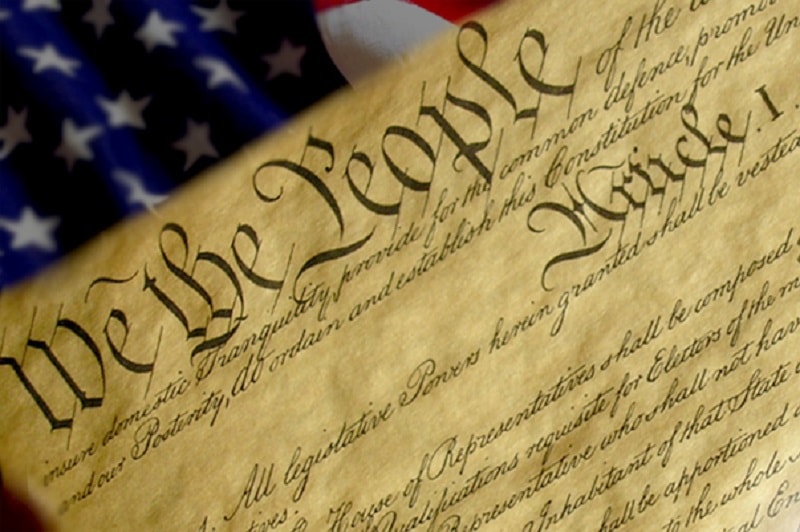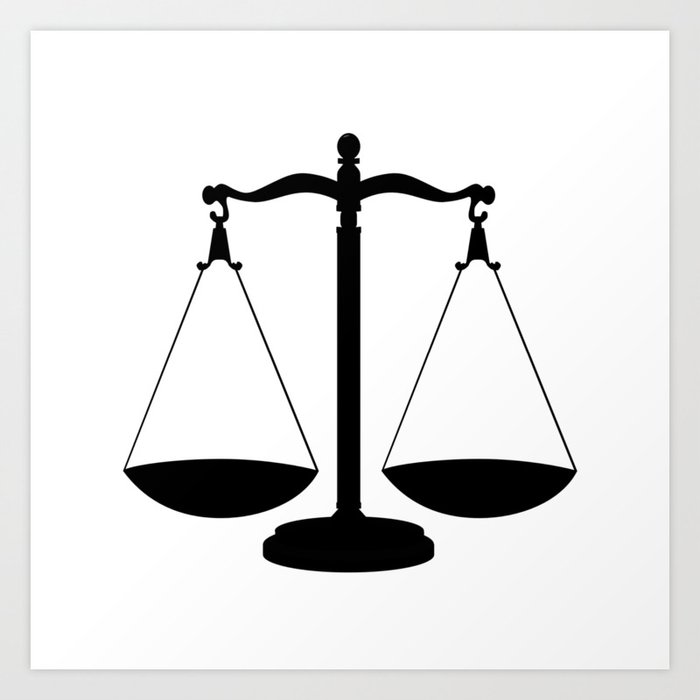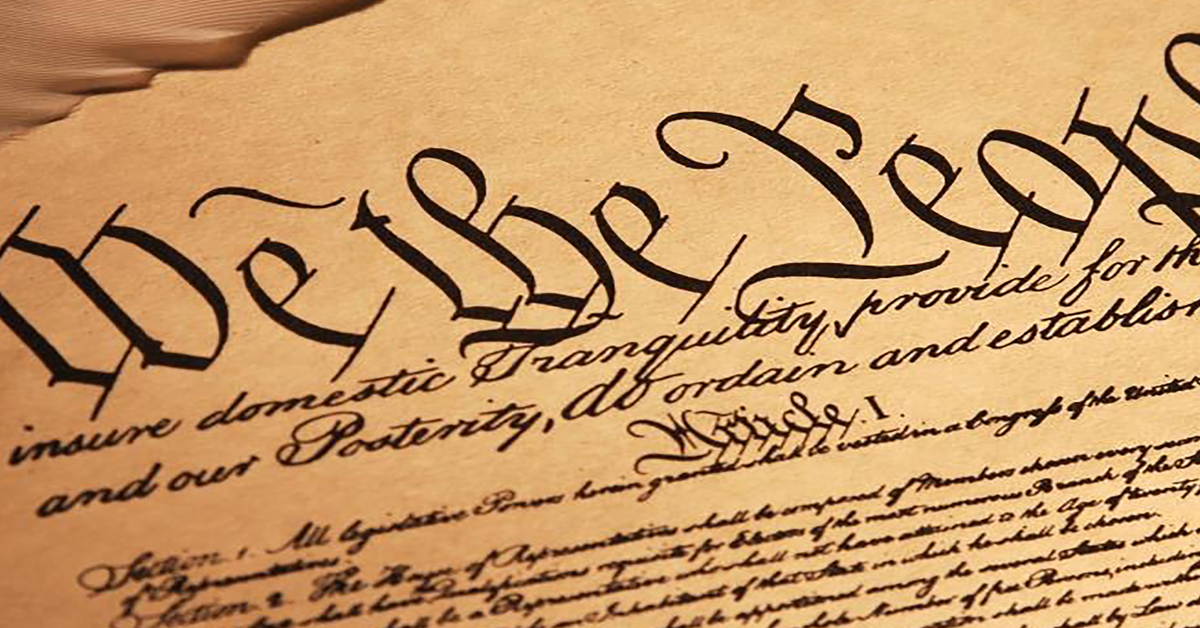 According to the Great American History Fact-Finder, the Sherman Antitrust Act of 1890 was "the first of several antitrust acts designed to curb power and growth of monopolies, the law forbade companies to join in a trust in order to control interstate trade." Due to "loopholes," the Sherman Antitrust Act was replaced by the Clayton Act in 1914, its goal being "clearly define unfair business practices." The Clayton Act worked to eliminate unfair business practices that included price fixing, bid rigging, and market allocation among competitors, to name a few. To obtain a better understanding of illegal practices, price fixing is an agreement written, verbal, or inferred from conduct) among competitors that raises, lowers, or stabilizes prices or competitive terms. Basically, if two competitors were to form an alliance by dropping prices, then consumers would be more motivated to purchase cheaper goods. On the hand, outside competitors with similar products would be losing customers and would unfairly be driven out of the market. The Federal Trade Commission (FTC) was also established in 1914. This is an agency enforces and implements the ideas of the Sherman Antitrust and Clayton Act. It also is tasked with intervening if illegal trust activities are suspected.
According to the Great American History Fact-Finder, the Sherman Antitrust Act of 1890 was "the first of several antitrust acts designed to curb power and growth of monopolies, the law forbade companies to join in a trust in order to control interstate trade." Due to "loopholes," the Sherman Antitrust Act was replaced by the Clayton Act in 1914, its goal being "clearly define unfair business practices." The Clayton Act worked to eliminate unfair business practices that included price fixing, bid rigging, and market allocation among competitors, to name a few. To obtain a better understanding of illegal practices, price fixing is an agreement written, verbal, or inferred from conduct) among competitors that raises, lowers, or stabilizes prices or competitive terms. Basically, if two competitors were to form an alliance by dropping prices, then consumers would be more motivated to purchase cheaper goods. On the hand, outside competitors with similar products would be losing customers and would unfairly be driven out of the market. The Federal Trade Commission (FTC) was also established in 1914. This is an agency enforces and implements the ideas of the Sherman Antitrust and Clayton Act. It also is tasked with intervening if illegal trust activities are suspected.
![]() Facebook is an example of a modern day monopoly. In December of 2020, the FTC sued Facebook for illegal monopolization. Instead of welcoming competition, Facebook bought all of its rivals which include Instagram, Messenger, and WhatsApp. Obviously, this limits the choices that consumers have and basically forces everyone to use their social media apps. This also does not allow new social media platforms to rise and catch on with the public. Therefore, Facebook has anticompetitive motives and was not looking out for the best interests of consumers. As a solution, the House of Antitrust Subcommittee is suggesting that Facebook should be separated back out into individual apps, known as "structural separation." It has also been recommended that congress take a closer look at other tech giants such as Amazon and Apple.
Facebook is an example of a modern day monopoly. In December of 2020, the FTC sued Facebook for illegal monopolization. Instead of welcoming competition, Facebook bought all of its rivals which include Instagram, Messenger, and WhatsApp. Obviously, this limits the choices that consumers have and basically forces everyone to use their social media apps. This also does not allow new social media platforms to rise and catch on with the public. Therefore, Facebook has anticompetitive motives and was not looking out for the best interests of consumers. As a solution, the House of Antitrust Subcommittee is suggesting that Facebook should be separated back out into individual apps, known as "structural separation." It has also been recommended that congress take a closer look at other tech giants such as Amazon and Apple.
Overall, the Sherman Antitrust Act was created to protect the idea of economic freedom for both entrepreneurs and consumers.
